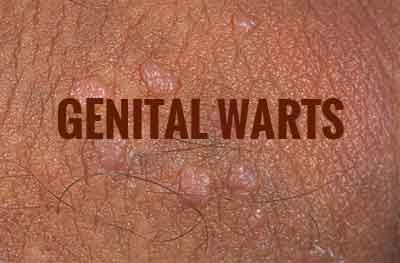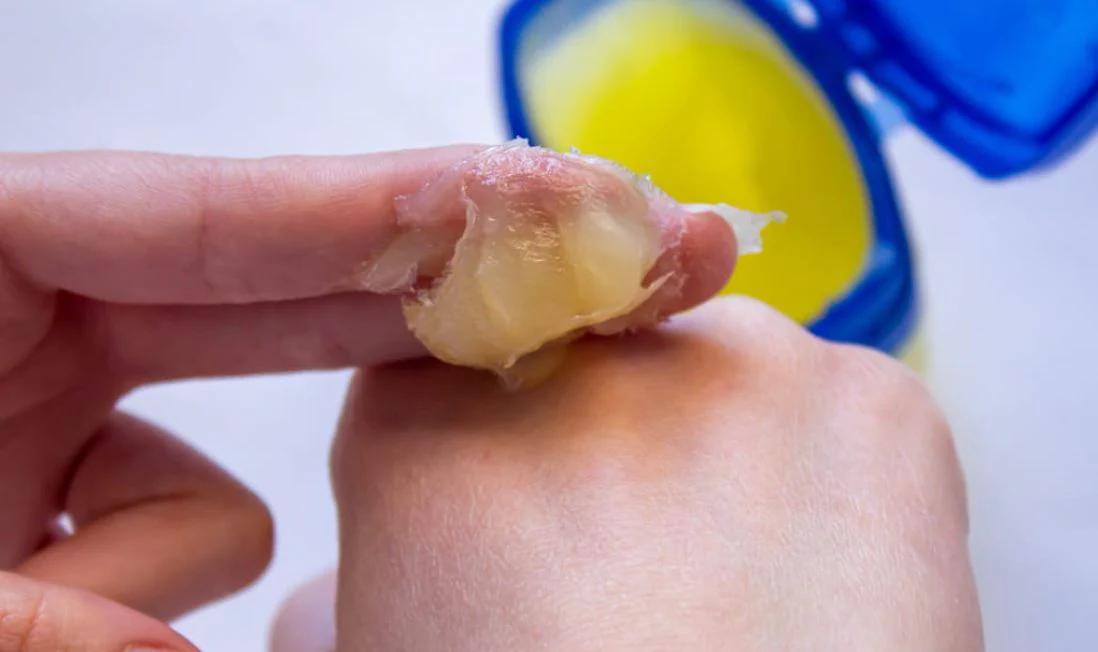Genital Warts: Causes, Symptoms, Treatment, Prevention, and What to Know Before Sex
Let’s be honest: few things feel more uncomfortable to talk about than genital warts—but avoiding the topic doesn’t protect your health. Genital warts are far more common than people think,

Let’s be honest: few things feel more uncomfortable to talk about than genital warts—but avoiding the topic doesn’t protect your health. Genital warts are far more common than people think, and the more we understand them, the easier it becomes to protect ourselves and our partners without fear or shame.
What Are Genital Warts?
Genital warts are soft, flesh-colored or gray growths that appear on or around the genital and anal areas. They may be small, flat, or raised, and sometimes grow in clusters that look like cauliflower. They can cause itching, discomfort, or light bleeding, though many people don’t notice them at all.
They’re caused by certain strains of the human papillomavirus (HPV)—most commonly types 6 and 11, which are considered “low-risk” (non-cancerous), but highly contagious.
How Common Are Genital Warts?
Extremely common. According to the Centers for Disease Control and Prevention (CDC):
- Nearly 1 in 100 sexually active adults in the U.S. has visible genital warts at any given time.
- Around 360,000 new cases are diagnosed every year in the U.S.
- HPV is so common that nearly all sexually active people will get it at some point in their lives if they don’t get vaccinated.
Globally, genital warts affect millions, and many people carry the virus without symptoms, making it easy to spread unintentionally.
Can You Tell If Someone Has Genital Warts Before Sex?

Not always. And that’s one of the hardest parts.
Some people have visible warts and may notice them (or their partners might). But in many cases, HPV infections are asymptomatic, meaning:
- There are no visible warts, especially in early stages.
- Warts may be small, hidden in folds of skin, or appear internally (such as in the vagina or anus).
- The virus can still be transmitted through skin-to-skin contact during sex—even when no warts are visible.
This is why it’s critical to have open, honest conversations with partners about STI testing, HPV vaccination, and sexual health history.
Symptoms to Watch For
- Small bumps or clusters on genitals or anus
- Changes in skin texture
- Itching, irritation, or mild discomfort
- Bleeding during sex or after scratching
- Internal warts (possible in vagina, cervix, anus, or throat)
Treatment Options
There’s no cure for HPV itself, but warts can be treated and removed. Options include:
- Topical creams (like imiquimod or podofilox)
- Cryotherapy (freezing the wart with liquid nitrogen)
- Electrocautery (burning off warts)
- Surgical removal (for larger or stubborn growths)
- Laser therapy (for hard-to-reach or recurring warts)
It’s important to get checked by a healthcare provider to determine the right treatment plan.
Can They Go Away on Their Own?
Sometimes, yes. In healthy individuals, the immune system can clear the virus over time—sometimes within 6 to 24 months. But warts can return, and people can unknowingly pass the virus to others even without visible symptoms.
Prevention Tips
HPV Vaccination
Vaccines like Gardasil 9 protect against the most common high-risk and low-risk HPV strains, including those that cause genital warts and cervical cancer. Vaccination is recommended for boys and girls starting at age 11–12, and up to age 45 in adults.
 Use Condoms and Dental Dams
Use Condoms and Dental Dams
They don’t provide full protection (since HPV spreads via skin-to-skin contact), but they significantly reduce transmission risk.
 Limit Sexual Partners
Limit Sexual Partners
Fewer partners means fewer chances of exposure—especially if you and your partner have both been tested.
 Get Regular Screenings
Get Regular Screenings
Routine Pap smears and HPV tests (especially for women) can catch early signs of HPV-related changes, even without symptoms.
When Should You See a Doctor?
See a healthcare provider if you:
- Notice bumps or changes around your genitals or anus
- Have itching, irritation, or bleeding
- Are unsure if a growth is a wart
- Want to get vaccinated or tested for HPV
- Need help choosing treatment options
Early diagnosis and treatment can reduce symptoms, prevent spread, and bring peace of mind.
Final Thoughts from Izzy
Genital warts may be common, but that doesn’t make them less stressful. I’ve had friends break down in fear over a diagnosis—mostly because of stigma or the unknown. But here’s the truth: they’re manageable, they don’t define you, and you don’t have to be ashamed. Talk to your doctor, talk to your partner, and take care of your body with compassion and confidence.
Written by Izzy Malcolm for Ravoke.com








